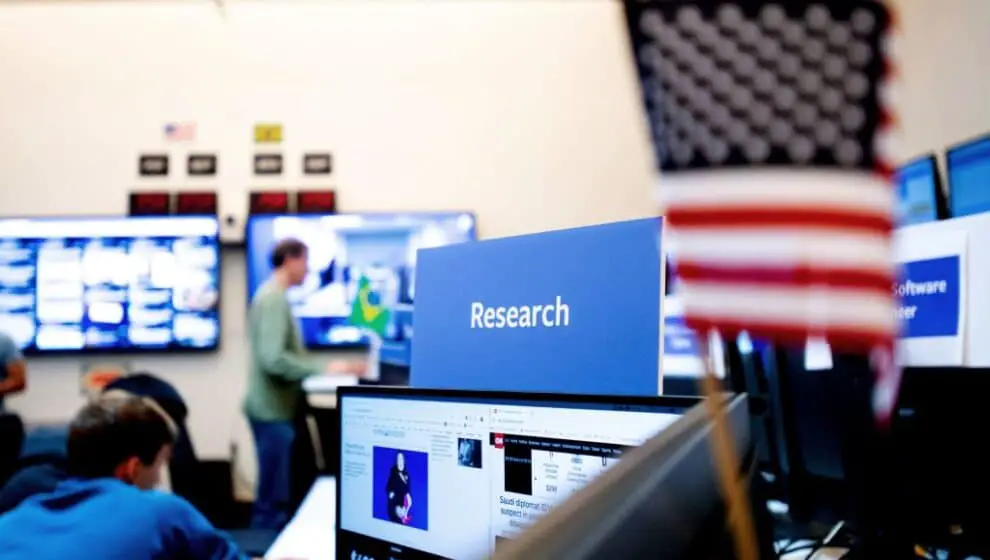Social-media watchdogs are warning that fake news could affect the outcomes of the election.
Key Details
- Tuesday, November 8, is the date of the U.S. midterm elections.
- An advocacy group called The Integrity Institute wants to bring attention to the ways social media spreads misinformation and affects election results and will be publishing weekly content.
- “The institute’s initial report found that a well-crafted lie will get more engagement than typical, truthful content and that some features of social media sites and their algorithms contribute to the spread of misinformation,” says The New York Times.
- “Content that contains misinformation tends to get more engagement—meaning likes, views, comments, and shares—than factually accurate content,” says The Integrity Institute.
- Popular social media apps with limited fact-checking measures like Twitter and TikTok tend to be the largest spreaders of algorithmic misinformation.
Why it’s news
Since the 2016 election, fake news and misinformation have been major concerns for social media networks—which fear reprisal when their social media apps are used to spread harmful lies or connect potentially dangerous activists together in ways that allow them to organize.
“Tracking how social media platforms respond to misinformation is crucial to understanding the risks and dangers that platforms can pose to democratic elections. At the Integrity Institute, we are tracking how misinformation performs on platforms to measure the extent to which platforms are amplifying misinformation and the extent to which they are creating an incentive structure that rewards lies and misinformation online,” says the Institute.
Of course, we need free speech to be he ultimate goal, and not infringe upon people’s ability to say what they want—risking something not totally accurate being published. After all, a liberal and a conservative can look at the same piece of information and both have a differing opinion on whether it is true or not true.
As we previously reported, social media sites have been gearing up another round of preparations following several contentious political elections. Google, Facebook, Tik Tok, Twitter, YouTube, and other major sites have already taken precautionary measures to prevent what it identifies as harmful information from spreading and affecting the elections.
The Integrity Institute hopes that it can help provide guidance for companies that are seeking to address the spread of misinformation.
Notable quote
“We source misinformation content from fact-checkers that are in the International Fact-Checking Network. From the fact checks that they produce, we extract links to social media posts within them and label if the fact check found that they were misinformation or accurate. We pull in engagement data on the fact-checked posts, which, based on the platform, can include views, likes/faves/reactions, comments/replies, and shares/retweets,” says the Institute.
